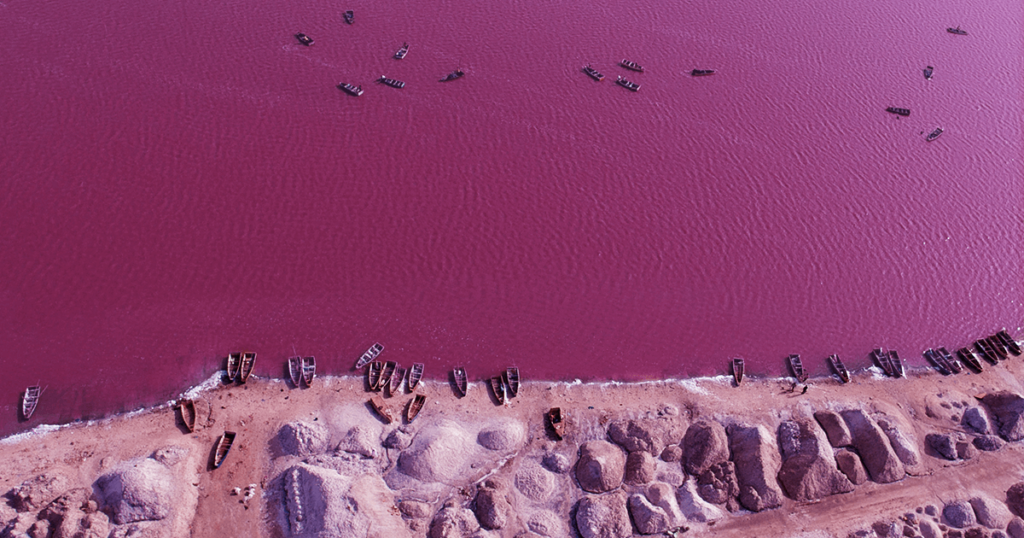
How is it that certain composers can so vivdly evoke landscapes in their music? How can Gustav Mahler, for example, summon up in a single passage an entire panorama of Carinthian countryside—mountains, lakes, and Alpine flora? Why does Jean Sibelius’s Sixth Symphony so clearly suggest the thawing of a barren icy expanse during the first stirrings of spring? What is it about the flute lines at the beginning of Bedřich Smetana’s The Moldau that makes us think of two murmuring waterways emptying into one great river, moving forward with such force and grandeur? Or does the title of a work, or what a composer tells us about the circumstances of its composition, play a more significant role in this art of suggestion? If Claude Debussy had called his great symphonic poem La mère instead of La mer, would we still hear undulating water in those swelling cello lines? Would we still imagine wind and sea spray, the roiling, elemental tumult of wave upon surging wave?
I ask all this because there is nothing obviously suggestive of water in the piece known as The Rose Lake by the late English composer Michael Tippett. Yet when I listen to it, I cannot help but see what Tippett saw, when he visited that wondrous eponymous lake in Senegal, just a short distance from the Atlantic Ocean, and heard its waters singing to him.
Tippett was once mentioned in the same breath as Benjamin Britten, his oratorio A Child of Our Time and opera A Midsummer Marriage much revered in their day and thought to be destined for canonical status. Yet since his death in 1998, his reputation has, for some reason, plummeted. Toward the end of his life, Tippett traveled extensively, and in 1990, when he was in his mid-80s and beset by declining health, he journeyed 20 miles northeast of Dakar to the shores of Lac Retba, or Lac Rose. In that relatively shallow body of water stretching out a little more than one square mile, the unusually high concentration of salt causes a protective micro-algae to flourish—and imbue the water with an intense rosy blush. The color changes as the day progresses and the angle of sunlight shifts, providing the patient observer with a wealth of optical delights. “I reached Le Lac Rose at midday,” Tippett reported, “just in time to see it turn a marvelous translucent pink. The sight of it triggered a profound disturbance within me, the sort of disturbance which told me that the new orchestral work had begun.”
Although Tippett went through an experimental phase that lasted roughly two decades, by the mid-1970s he had returned to a more lyrical and accessible style. So it is with The Rose Lake, which he conceived as “a song without words for orchestra.” He wrote it as a continuous work, but divided it into five main sections with descriptive—and highly suggestive—subtitles: “The lake begins to sing”; “The lake song is echoed from the sky”; “The lake is in full song”; “The lake song leaves the sky”; and “The lake sings itself to sleep.” In between these sections are passages and interludes rich with percussion instruments. The opening, for instance, conjures up a shimmering sunrise, with unsettling, syncopated rhythms, the repeated motifs growing louder and steadily more seductive. The sonorities of xylophone, marimba, snare drum, and rototoms, as well as their clearly enunciated rhythmic patterns, remind me a bit of Olivier Messiaen, and these percussion-filled interludes constitute a running commentary on the work’s more song-like passages.
As the lake itself changes color, its song also undergoes a slow, bewitching transformation. At first, the horns sound a primeval lament, rising slowly up, warming with the sun, before the lake begins its leisurely music. The music is gentle, sweet, yet always insistent, the interplay between bass clarinet and flute conveying the dialogue between lake and sky. Following the bellowing of the bass drum, the lyric reaches full voice, lush and densely textured, the melodic passages interjected with jagged rhythmic fragments and phrases, with a feeling that time is somehow slowing even as the tempo remains the same. The second half of the piece is quieter, more tentative, with the trills in the woodwinds sounding like a series of unanswerable questions.
Perhaps The Rose Lake is not quite a literal depiction of the watery environs that so enchanted Tippett, the composer’s subtitles notwithstanding. The prose may nod the imagination into action, but this vivid scene painting is more about the feeling evoked by the beholder of a sublime landscape. In this way, the piece more closely resembles La mer than it does The Moldau. At any rate, Tippett intended The Rose Lake to be his last work, but he couldn’t help himself. In 1996, he wrote one more piece, called Caliban’s Song. For me, however, those final lines in The Rose Lake feel valedictory, a contemporary version of Mahler’s Song of the Earth (in which the repeated word ewig—forever—trails off hauntingly). The ending of Tippett’s earthly song is no less magical, the strings shot through with light and the harmonies not quite becalming, as the music leaves the sky and the lake sings itself to sleep. Dusk falls, and the rototoms and marimba play a quiet farewell, yet the memory of the lake in full flush remains, a great suffusion of pink, at once lovely, hypnotic, and transcendent.
Listen to this short excerpt from The Rose Lake—“The lake begins to sing”—with Colin Davis conducting the London Symphony Orchestra:

